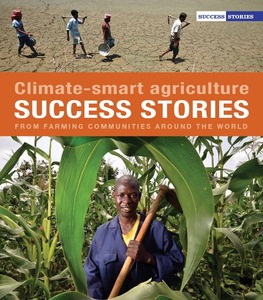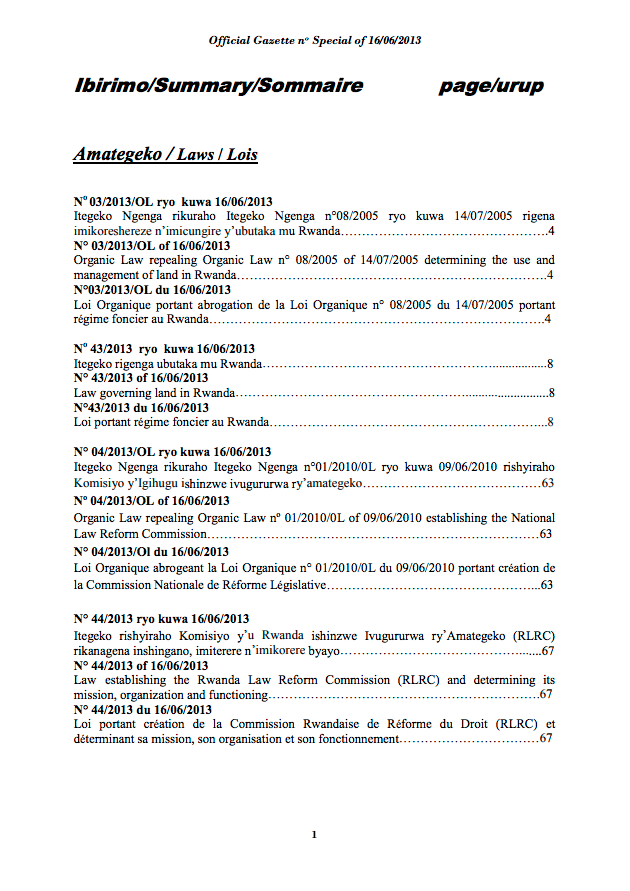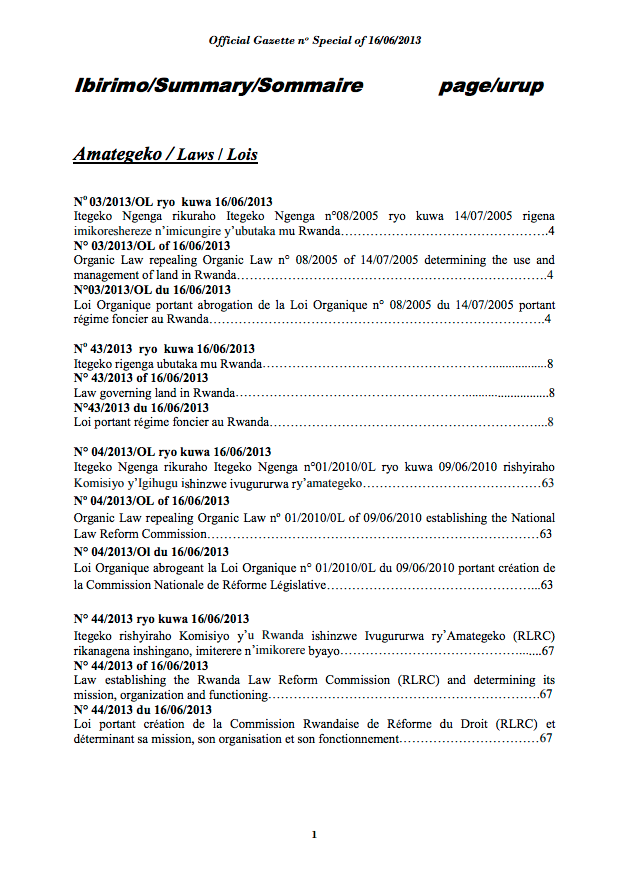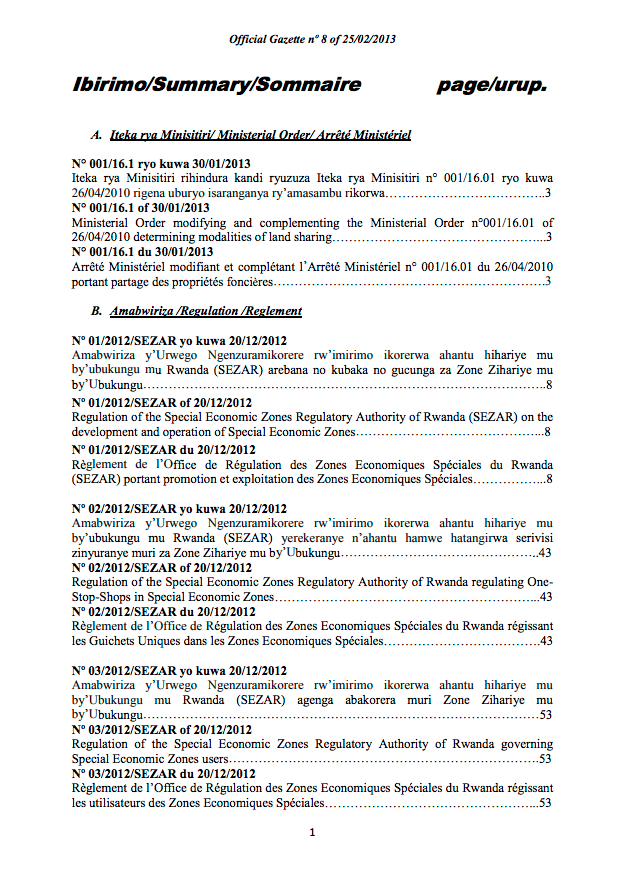This report contains the proceedings of the first workshop of an EC funded project designed to help Malawi obtain the tools, knowledge and capacities to adopt, advance, scale up and roll out solutions towards Climate-Smart Agriculture (CSA). The aim of the workshop was to produce qualitative…
Gender equality is one of the ten core principles of the Voluntary Guidelines on the Responsible Governance of Tenure of Land, Fisheries and Forests in the Context of National Food Security. This guide aims to assist in its implementation through the achievement of responsible gender-equitable…
The report reviews a broad range of food security and agricultural development policy decisions implemented over the period 2007 to 2012 in more than 70 countries in Asia, Africa, Latin America and the Caribbean. Selected policy decisions were analysed following FAPDA’s classification, dividing…
Under the current challenges of food security, climate change adaptation and mitigation, further provision of ecosystem services and sustainable intensification of agriculture, soil information becomes fundamental to guide wise policies and decisions. This document reviews the present…
La igualdad de género es uno de los diez principios rectores de las Directrices voluntarias sobre la gobernanza responsable de la tenencia de la tierra, la pesca y los bosques en el contexto de la seguridad alimentaria nacional. La presente guía busca secundar dicho principio mediante el logro…
This guide describes two of the main approaches to greenhouse gas mitigation planning in developing countries: Low-Emission Development Strategies (LEDS) and Nationally Appropriate Mitigation Actions (NAMAs). It explains the possible relationships between them and their status within the United…
To ensure a food-secure future, farming must become climate resilient. Around the world, governments and communities are adopting innovations that are improving the lives of millions while reducing agriculture’s climate footprint. These successful examples show the many ways climate-smart…
Law N° 03/2013/OL of 16/06/201 Governing Land in Rwanda.
Law N° 03/2013/OL of 16/06/2013 Organic Law repealing Organic Law n° 08/2005 of 14/07/2005 determining the use and management of land in Rwanda.
Ministerial Order N° 001/16.01 of 30/01/2013 Modifying and Complementing the Ministerial Order N° 001/16.01 of 26/04/2011 Determining Modalities of Land Sharing.
Published on the 25 February 2013.
In the complex soilscape of Rwanda, failure to tailor soil fertility management technologies to specific soil types is the major constraint to their adoption. A study was undertaken to understand how scientists can introduce new soil-related technologies as part of the already functioning…





